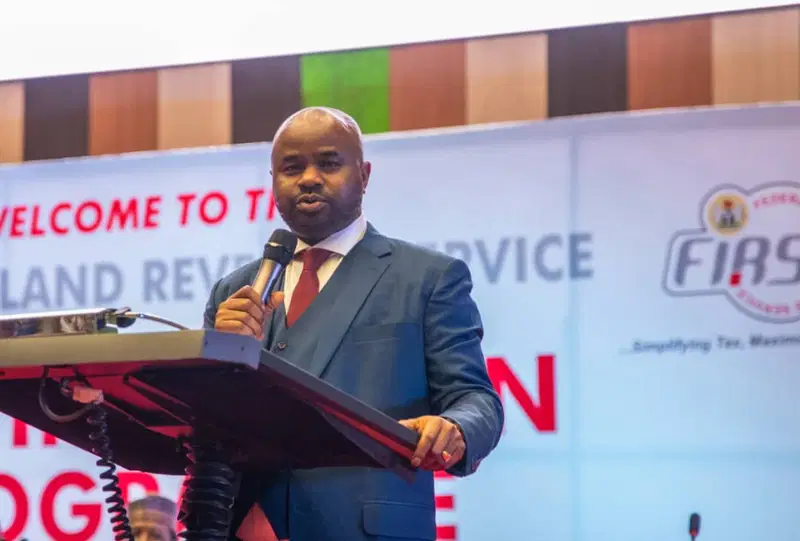Federal Inland Revenue Shifts from Audit to Voluntary Tax Approach

In a bold move to transform the country’s tax enforcement landscape, the Federal Inland Revenue Service (FIRS) has announced a paradigm shift from audit-based tax enforcement to a sustainable model focused on voluntary compliance, transparency, and technological innovation.
According to a statement from the FIRS, the new approach, spearheaded by Executive Chairman Zacch Adedeji, aims to foster a culture of ethical tax practices, increase Nigeria’s internally generated revenue (IGR), and reduce the country’s reliance on borrowing.
Speaking to journalists, Collins Omokaro, Special Adviser on Communications and Advocacy at the FIRS, explained that the agency is committed to creating a future-ready institution that encourages taxpayers to comply willingly, rather than through coercion.
“While audits remain a critical tool for identifying irregularities and ensuring accountability, they are by nature retrospective. What we need going forward is a system that prevents errors before they occur,” Omokaro stated.
The FIRS’s new strategy involves deploying predictive and preventive technologies to anticipate risks, enhance efficiency, and provide timely support to both staff and taxpayers.
This shift reflects the agency’s broader goal of making tax compliance natural, seamless, and sustained. “Technology allows us to move from fault-finding to foresight. Our goal is not just enforcement; it’s enablement. We are designing a system where it is easier to comply than to default,” Omokaro added.
As part of this transformation, the FIRS is intensifying efforts to educate taxpayers and train staff, ensuring everyone understands their roles and responsibilities within a transparent and ethical framework.
This strategic shift aligns with Nigeria’s fiscal agenda to strengthen economic stability and promote shared prosperity.
Omokaro emphasized that the FIRS is committed to raising revenue in ways that are “efficient, equitable, and empowering.” “Audits will always have their place, but the future lies in sustained adherence, a culture powered by technology, guided by process, and inspired by purpose,” he affirmed.
This move is expected to play a critical role in Nigeria’s efforts to address economic challenges and achieve long-term growth. By promoting voluntary tax compliance and leveraging technology, the FIRS aims to increase revenue generation and reduce the country’s reliance on borrowing, ultimately contributing to a more stable and prosperous economy.









